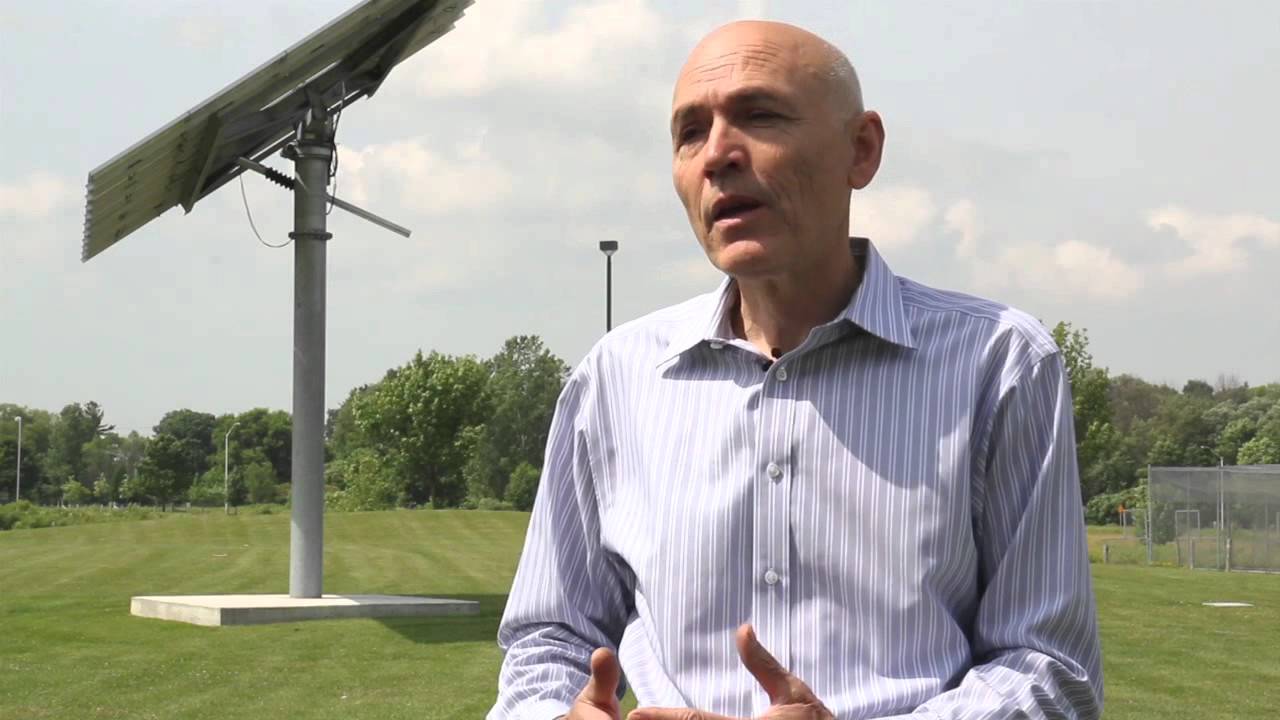
Introduction to Renewable Energy Technology
As the world continues to grapple with the challenges of climate change and the depletion of fossil fuels, the demand for skilled renewable energy technicians has surged. These professionals are essential for the design, installation, and maintenance of systems that harness energy from natural resources such as the sun, wind, and water. The field of renewable energy is not only growing rapidly but also offers a fulfilling career path for those passionate about sustainability and environmental stewardship.
The Role of a Renewable Energy Technician
A renewable energy technician specializes in various technologies that produce energy from renewable sources. This includes solar panels, wind turbines, hydroelectric systems, and geothermal systems. Their responsibilities typically include:
- Installation of renewable energy systems
- Maintenance and repair of existing systems
- Monitoring energy production and efficiency
- Conducting site assessments for potential installations
- Troubleshooting and resolving technical issues
Essential Skills for Renewable Energy Technicians
To excel as a renewable energy technician, individuals must develop a specific set of skills that are critical to the industry. Here are some of the most important skills:
Technical Proficiency
A strong understanding of electrical systems, mechanics, and fluid dynamics is crucial. Technicians should be familiar with:
- Solar photovoltaic (PV) systems
- Wind energy technologies
- Hydroelectric power systems
- Geothermal systems
- Energy storage solutions
Problem-Solving Skills
Renewable energy technicians must be adept at identifying issues and implementing solutions quickly and efficiently. This requires critical thinking and the ability to analyze complex systems.
Communication Skills
Effective communication is vital for collaborating with team members, explaining technical concepts to clients, and ensuring safety protocols are understood and followed.
Attention to Detail
Given the technical nature of their work, technicians must possess a keen eye for detail. This includes ensuring that installations are performed correctly and that systems are operating at optimal efficiency.
Physical Stamina and Dexterity
The job often involves working in various environmental conditions and may require physical strength and agility, especially when climbing ladders or lifting heavy equipment.
Educational Requirements
To become a renewable energy technician, individuals typically need a combination of education and hands-on experience. Here are the common educational paths:
High School Diploma or Equivalent
A high school diploma is generally the minimum requirement. Courses in mathematics, physics, and electrical systems can provide a solid foundation for further education.
Post-Secondary Education
Many technicians pursue an associate degree or a certificate program in renewable energy technology or a related field. These programs often cover:
- Basic electrical theory
- Renewable energy systems
- Safety protocols
- Installation techniques
Certifications
While not always required, obtaining certifications can enhance job prospects. Some well-recognized certifications include:
- North American Board of Certified Energy Practitioners (NABCEP) for solar PV installers
- Wind Turbine Technician Certification
- Certified Renewable Energy Professional (CREP)
Gaining Experience
Hands-on experience is crucial for aspiring renewable energy technicians. This can be achieved through:
Internships
Internships with renewable energy companies provide invaluable experience and networking opportunities. Many educational programs offer internship placements as part of their curriculum.
Entry-Level Positions
Starting in entry-level roles, such as an apprentice or assistant technician, allows individuals to gain practical skills and learn from experienced professionals in the field.
Career Advancement Opportunities
With experience and continued education, renewable energy technicians can advance their careers in several ways:
Specialization
Technicians can choose to specialize in a specific area, such as solar energy, wind energy, or energy efficiency. Specialization often leads to higher pay and increased job responsibilities.
Management Roles
Experienced technicians may move into management positions, overseeing teams of technicians and managing projects. This transition often requires additional training in project management and leadership skills.
Consultancy
With extensive knowledge and experience, some technicians opt to become consultants, advising companies on best practices for renewable energy implementation and efficiency.
The Future of Renewable Energy Technicians
The future for renewable energy technicians looks promising as global energy needs shift towards sustainability. The International Renewable Energy Agency (IRENA) projects that renewable energy jobs could reach 24 million worldwide by 2030. This growth is driven by factors such as:
- Increased investment in renewable energy technologies
- Government incentives for clean energy adoption
- Growing public awareness and demand for sustainable solutions
Challenges in the Renewable Energy Sector
While the outlook is bright, there are challenges that renewable energy technicians may face:
Technological Changes
The rapid pace of technological advancement means technicians must stay updated with the latest innovations and practices in the field. Continuous education and training are essential.
Regulatory Issues
Technicians must navigate various regulations and standards that govern the installation and operation of renewable energy systems. Understanding these regulations is crucial for compliance and safety.
Conclusion
The role of a renewable energy technician is not only vital for the transition to a sustainable future but also offers a rewarding career path filled with opportunities for growth and advancement. By developing the necessary skills, obtaining relevant education, and gaining hands-on experience, individuals can position themselves for success in this dynamic and essential field. As the demand for renewable energy continues to rise, so too will the opportunities for skilled technicians to make a significant impact on our planet’s energy landscape.

